In case of all-out war, Israel will be hit with 3,000 missiles a day, retired Israeli general says
A retired Israeli general has warned that the Israeli military is not ready for any future war, predicting that the regime will be hit with 3,000 missiles a day in case an all-out war breaks out.
In the most terrifying scenario, pro-Iran groups in Syria, Yemen, and Iraq, as well as Hamas in the Gaza Strip, will launch missiles and drones at Israel, so that the average number of missiles fired at the regime will reach 3,000 a day, MivzakLive News quoted Yitzhak Brik as saying on Saturday.
Brik has on several occasions cautioned that the Israeli regime’s military is not prepared for a multi-front war.
Last month, he said his remarks about the profound weakness of the Israeli army and the fact that the regime is in decline are not an outburst of anger, but fairly true as there are incontrovertible facts that cannot be overlooked.
“A new war will take us back to many years ago. The difficulties that we went through throughout previous wars will be nothing in comparison with the fallout of the future confrontation,” he opined.
Read more:
Back in May, after the Israeli regime’s 11-day war on the Gaza Strip, the retired Israeli general said “the belief of the victory of the Air Force in any war was completely destroyed” due to the war, during which over 4,000 rockets were fired by the Gaza-based resistance groups toward the Israeli-occupied territories.
“Israeli leaders must return to their senses and immediately meet in a dialogue session to make decisions to prepare the army to confront a multi-front war and shape a modern security belief,” he said.
The Gaza war began on May 10 and lasted until May 21, when the Israeli regime announced a unilateral ceasefire, which was accepted, through Egyptian mediation, by the resistance groups.
The war was sparked by weeks of Israeli violence in al-Quds against Palestinian worshippers at the al-Aqsa mosque and the regime’s attempts to steal more Palestinian lands in the Sheikh Jarrah neighborhood.
In his latest remarks, Brik further said a multi-front war will lead to violence between Arabs and non-Arabs in mixed cities and areas, adding that “the number of casualties is expected to be large, along with significant destruction of buildings, cities, and infrastructure across the country.”
He stated that the Israeli army’s generals have ignored the issue for years with the assumption that “Hezbollah will not dare fire rockets at us as we will return Lebanon to the Stone Age.”
Read more:
The remarks come as the Tel Aviv regime has stepped up its anti-Iran rhetoric in an attempt to derail negotiations between Tehran and five world powers, which have been underway in the Austrian capital with the goal of removing illegal sanctions imposed by the United States on Iran and restoring the nuclear deal signed between Iran and world powers in 2015.
In 2015, Israel intensely lobbied in the US against the inking of the nuclear deal, officially called the Joint Comprehensive Plan of Action (JCPOA). In 2018, the regime’s continued campaign against the JCPOA was one of the reasons behind the US withdrawal from the accord under former President Donald Trump. Israel also vehemently opposes the current talks in Vienna to restore the deal to its original form.
Can Israel attack Iran?
The occupying entity has warned its allies that it would “take matters into its own hands” if the JCPOA gets back on track in its original form and without getting new concessions from Iran.
Israeli Prime Minister Naftali Bennett said last month that “we will maintain our freedom of action” and will learn from the mistake of falling “asleep on duty” after the nuclear deal was inked between Iran and six world powers.
Israeli minister of military affairs, Benny Gantz, announced during a visit to the US that he had ordered the Israeli army to prepare for a possible military strike on Iran.
Read more:
Nonetheless, many doubt the regime’s ability to openly attack Iran.
On Saturday, The New York Times reported that several current and former Israeli military officials and experts say the regime lacks the ability to act on its threats of launching an attack against nuclear sites in Iran, as the Islamic Republic has significantly promoted its defense capabilities.
“Any attack on Iran would also likely set off retaliatory attacks from Hezbollah in Lebanon and Hamas in Gaza, allies of Iran that would try to force Israel to fight a war on several fronts simultaneously,” the article maintained.
“Iran’s defense capabilities are also much stronger than in 2012, when Israel last seriously considered attacking. Its nuclear sites are better fortified and it has more surface-to-surface missiles that can be launched swiftly from tunnels,” it added.
Iran’s top commanders have also dismissed the Tel Aviv regime’s intensified threats against the Islamic Republic, saying that the occupying entity lacks the courage to confront Tehran and that its “empty threats” against the Islamic Republic hail from its “fear and horror.”
Read more:
- Senior IRGC commander cautions Israel it cannot survive war with Iran
- Zionist regime’s imminent collapse a reality: IRGC chief
On the other hand, some observers believe Israel’s empty threat against Iran and its claim that the Islamic Republic is after developing nuclear weapons is due to its fear of Iran’s economic development.
“If agreements can be reached regarding these issues, and all economic sanctions are lifted, Iran would become, almost overnight, an economic powerhouse,” said an article published by The New Arab on Friday.
“Its population is highly educated, technically advanced, and has entrepreneurial spirit and acumen. Besides, Iran would have enormous potential to exploit its oil resources, which would power economic and infrastructure development,” the article read.
It also maintained that Iran is a “manufactured issue” and called on the international community to see through Israel’s strategy of creating a bogeyman and stop coddling the regime.
Hamas thanks Iran, Resistance Front following achievement of ceasefire in Gaza
'Capitulation': Israeli officials and media concede Gaza defeat as truce unfolds
'Gaza has won': Social media users react to ceasefire with mix of relief, joy
Iran seeks South Korea’s assistance for AI, fiber-optic projects
VIDEO | Iran's 'Eqtedar' (Power) maneuver
Israel hits HTS military target in Syria for 1st time since fall of Assad
VIDEO | Press TV's news headlines
Israel has slaughtered 13,000 students in Gaza, West Bank


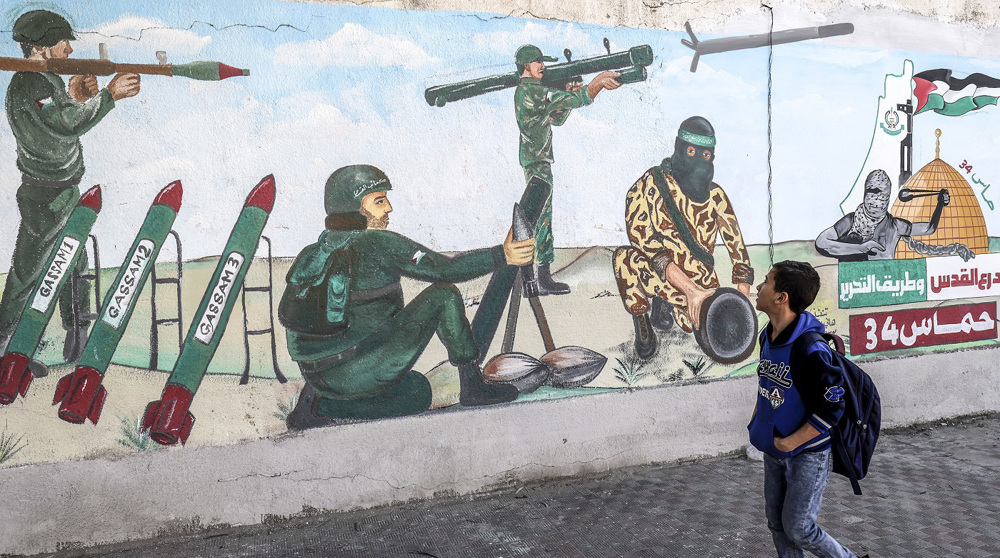
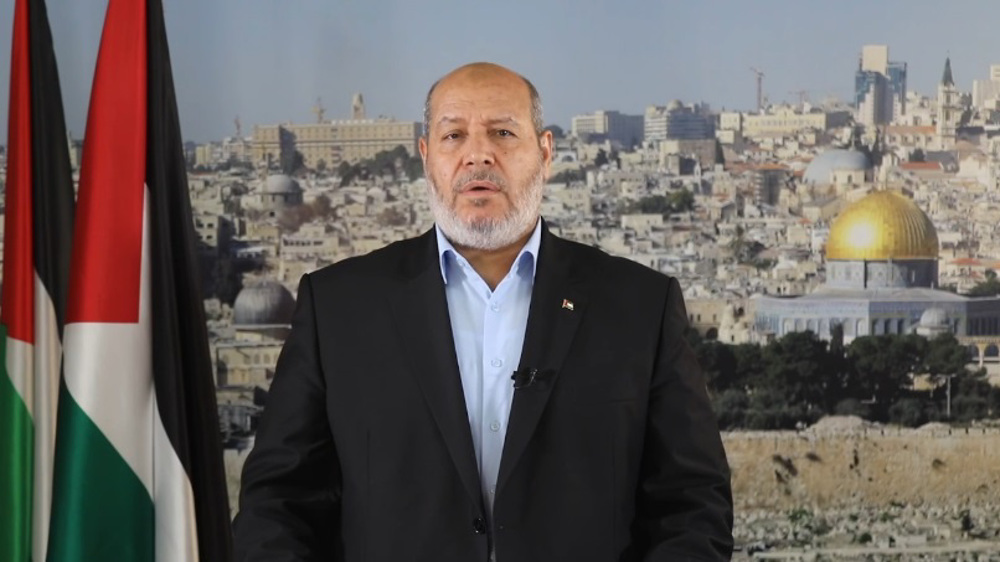

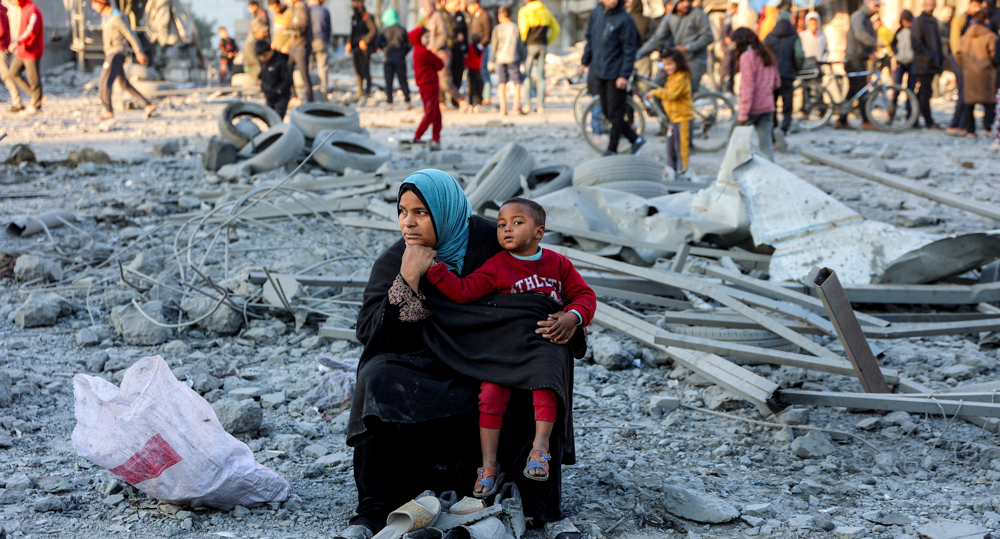



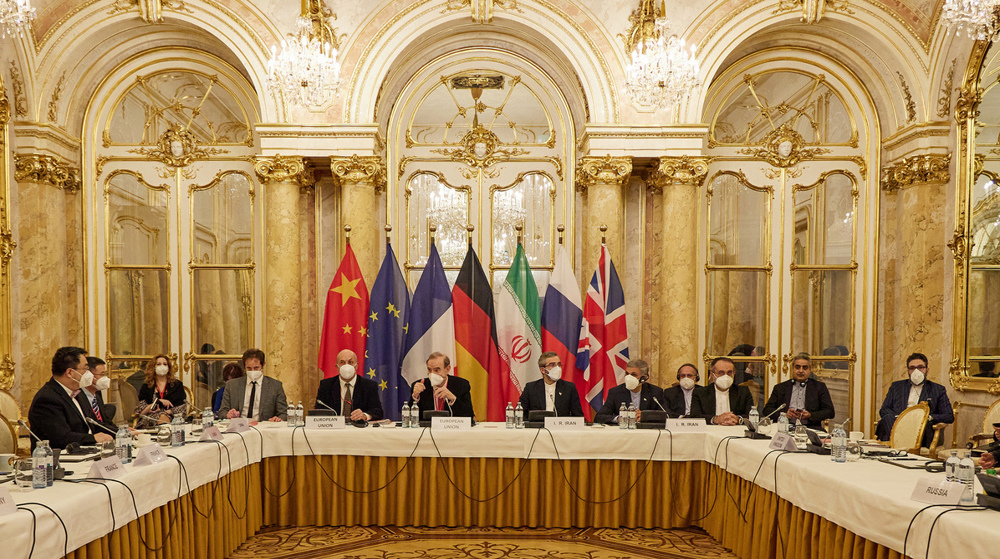

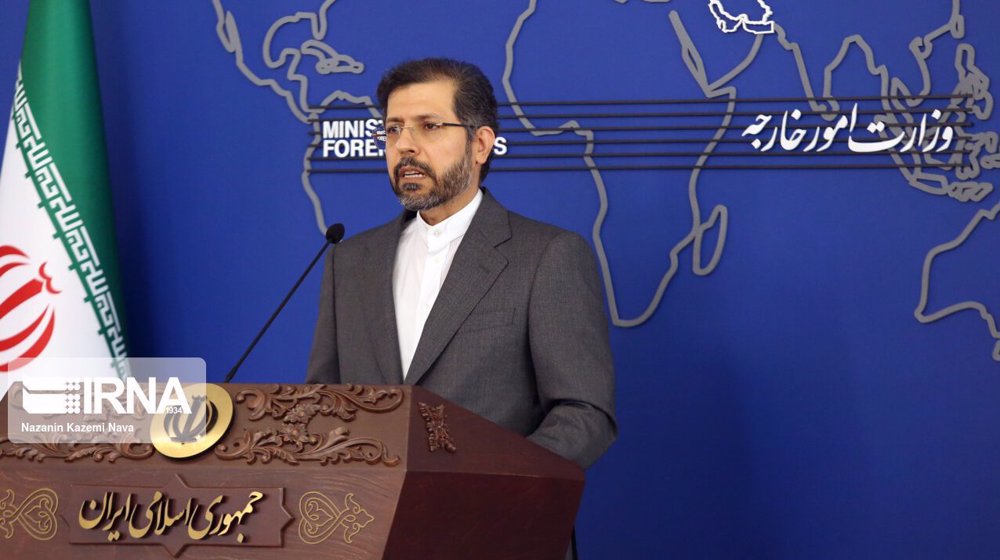
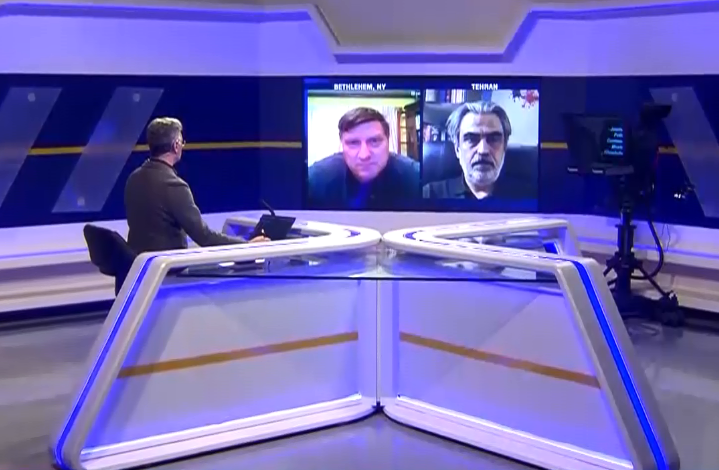

 This makes it easy to access the Press TV website
This makes it easy to access the Press TV website